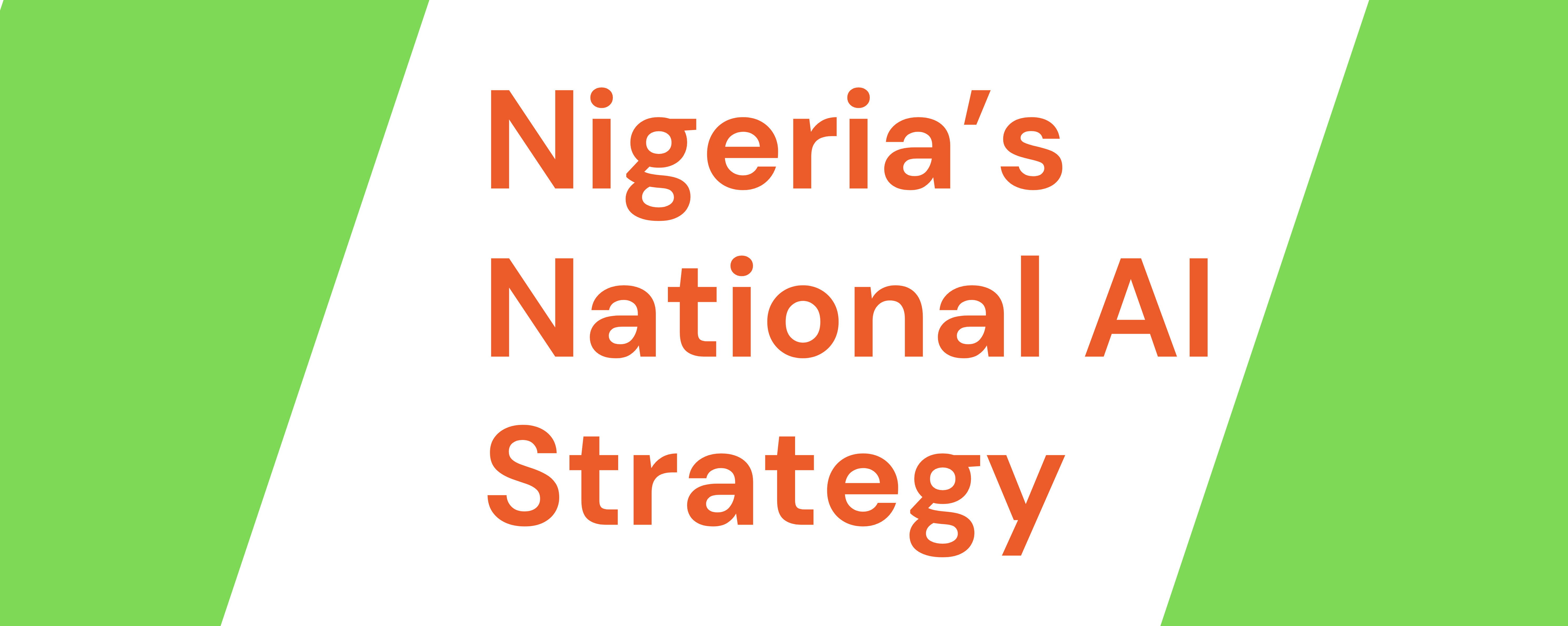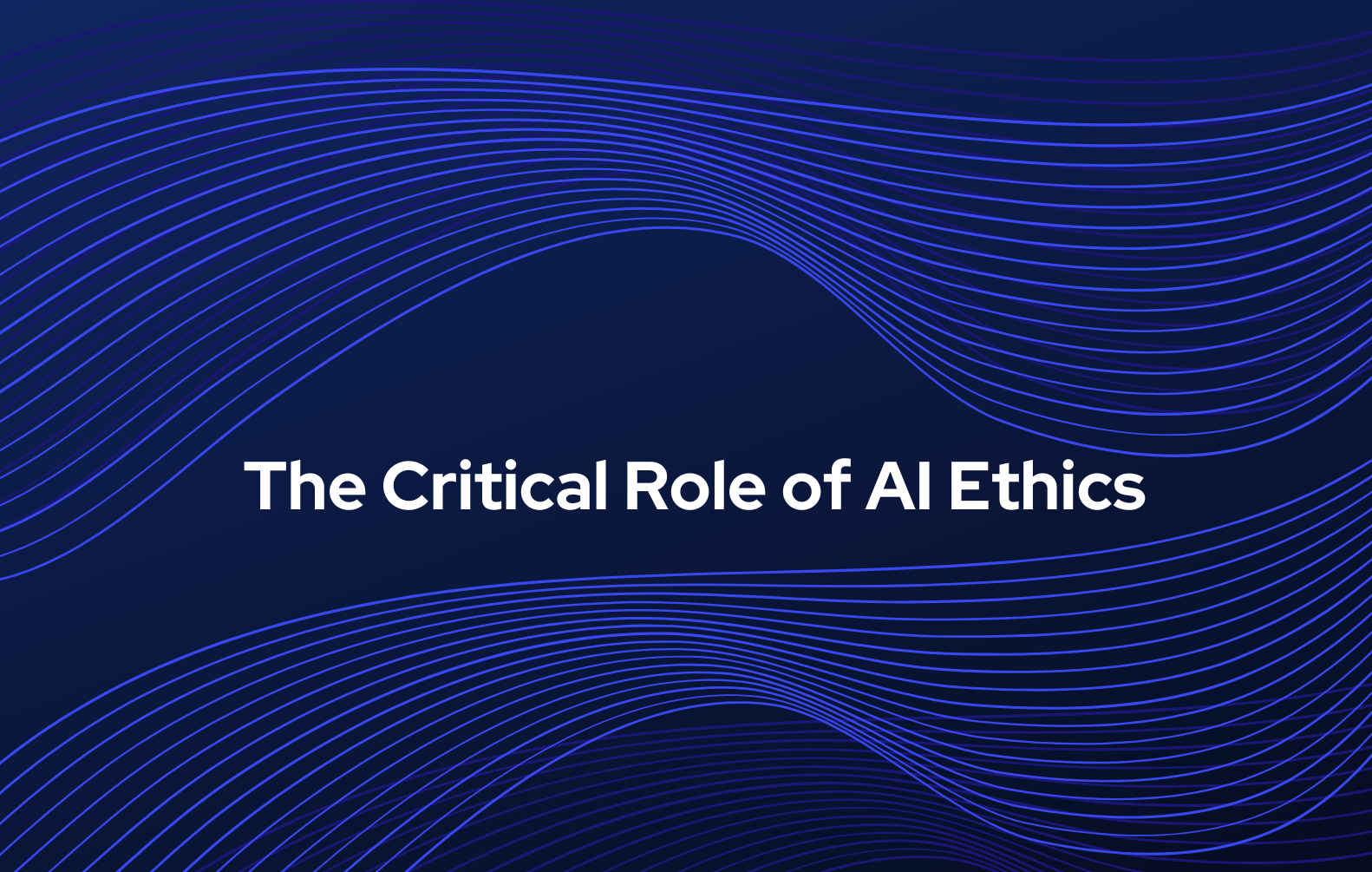
Introduction
In August 2024, Nigeria unveiled its National Artificial Intelligence Strategy (NAIS), positioning itself as a pioneer in Africa’s AI revolution. As the continent’s largest economy and most populous nation, Nigeria aims to harness AI’s transformative power to address systemic challenges, drive economic diversification, and secure a competitive edge in the Fourth Industrial Revolution. Anchored in ethical principles and inclusive growth, the NAIS outlines a bold roadmap to propel Nigeria into a global AI leadership role by 2030. This article unpacks the strategy’s vision, pillars, opportunities, risks, and actionable pathways, offering insights into how Nigeria plans to navigate the complexities of AI adoption while ensuring no citizen is left behind.
Strategic Vision: Becoming a Global AI Leader
The NAIS is guided by a vision to position Nigeria as a “global leader in harnessing AI through responsible, ethical, and inclusive innovation.” This vision is operationalized through three core objectives:
-
Economic Growth and Competitiveness: Leverage AI to boost productivity, create jobs, and attract foreign investment.
-
Social Development and Inclusion: Use AI to improve access to healthcare, education, and financial services while addressing poverty and inequality.
-
Technological Advancement and Leadership: Build indigenous AI expertise, establish ethical frameworks, and position Nigeria as a regional innovation hub.
Key to this vision is Nigeria’s demographic advantage: 70% of its population is under 30, offering a vast talent pool for AI-driven industries. However, the strategy acknowledges challenges like infrastructure gaps, funding constraints, and global competition, requiring a tailored approach to balance ambition with realism.
Five Strategic Pillars of the NAIS
The NAIS outlines five interconnected pillars to achieve its objectives, each supported by measurable outcomes and initiatives:
1. Building Foundational AI Infrastructure
Nigeria’s AI aspirations hinge on robust digital infrastructure. Key initiatives include:
-
High-Performance Computing (HPC) Centers: Establishing national HPC hubs to support AI research and startups.
-
Clean Energy-Powered AI Clusters: Prioritizing sustainable energy sources to reduce reliance on Nigeria’s unstable power grid.
-
Data Center Expansion: Upgrading existing data centers (currently only six major facilities) to meet AI computational demands.
Example: The National Centre for AI and Robotics (NCAIR) will spearhead HPC deployment, targeting 50% clean energy usage by 2027.
2. Building a World-Class AI Ecosystem
This pillar focuses on collaboration, talent development, and global partnerships:
-
AI Talent Transfer Program: Incentivizing global AI experts to work in Nigeria.
-
Nigerian AI Partnership for Commercialisation Excellence (NAPCE): Bridging gaps between researchers, entrepreneurs, and investors.
-
AI Centers of Excellence (CoEs): Sector-specific hubs for agriculture, healthcare, and smart cities.
Initiative Highlight: The 3 Million Technical Talent (3MTT) program aims to upskill Nigeria’s youth, targeting 70% AI literacy among 16–35-year-olds by 2030.
3. Accelerating AI Adoption Across Sectors
The NAIS prioritizes AI integration in high-impact sectors:
-
Agriculture: AI-powered precision farming to combat food insecurity (e.g., startups like FarmCorps using satellite data for crop optimization).
-
Healthcare: Diagnostic tools for diseases like malaria and maternal health monitoring.
-
Security: Predictive policing and surveillance systems to address insecurity.
-
Smart Cities: AI-enabled traffic management and energy grids.
Data Challenge: Nigeria’s average internet speed of 35 Mbps lags behind the global average (93 Mbps), necessitating accelerated broadband rollout under the National Broadband Plan.
4. Ensuring Responsible and Ethical AI Development
To mitigate risks like bias and privacy breaches, Nigeria will:
-
Establish an AI Ethics Expert Group (AIEEG) to oversee ethical compliance.
-
Develop a National AI Ethics Assessment Framework aligned with UNESCO guidelines.
-
Align AI governance with the 2023 Data Protection Act, emphasizing transparency and accountability.
Case Study: Nigerian AI startups like RichlyAI (GenAI) and Intron Health (healthtech) are already embedding ethical AI principles into their solutions.
5. Developing a Robust AI Governance Framework
A regulatory body will enforce compliance with National AI Principles, focusing on:
-
Transparency: Mandating explainability in AI decision-making.
-
Risk Management: Protocols for cybersecurity and system vulnerabilities.
-
Human-Centric Design: Prioritizing citizen well-being over automation.
Opportunities and Economic Potential
-
Economic Growth: AI could add $15.7 billion to Nigeria’s GDP by 2030 (PwC), with agriculture, healthcare, and fintech as key beneficiaries.
-
Job Creation: While AI may displace low-skilled roles, it will create high-value jobs in data science, robotics, and AI ethics.
-
Global Recognition: Nigeria’s AI innovators have already gained traction, with four startups winning Gates Foundation grants and 10 projects featured in UNESCO’s Global Top 100 for SDGs.
Challenges and Risk Mitigation
The NAIS identifies critical risks and countermeasures:
| Risk Category | Mitigation Strategy |
|---|---|
| Funding Shortfalls | Public-private partnerships (PPPs) and tax incentives for AI infrastructure investors. |
| Brain Drain | AI Talent Transfer Program to retain skilled professionals. |
| Ethical Concerns | Mandatory bias audits for AI systems in public sector projects. |
| Infrastructure Gaps | Accelerated rollout of the National Broadband Plan and clean energy investments. |
Global Benchmarking: Nigeria ranks 103rd on the Oxford Insights AI Readiness Index (2023), highlighting gaps in data infrastructure and R&D funding.
Implementation Roadmap
The NAIS adopts a phased approach:
-
Short-Term (2024–2026): Launch pilot projects in agriculture and healthcare, finalize ethics policies, and upskill 100,000 professionals.
-
Medium-Term (2027–2029): Scale AI adoption across 10 priority sectors and establish Nigeria as Africa’s AI innovation hub.
-
Long-Term (2030+): Achieve global leadership in ethical AI, with indigenous startups contributing 5% of GDP.
Governance: A cross-ministerial committee led by the Federal Ministry of Communications, Innovation, and Digital Economy (FMCIDE) will oversee execution, supported by NITDA and the Nigerian Communications Commission (NCC).
Global Collaboration and Lessons Learned
Nigeria’s strategy draws insights from global models:
-
Google’s AI Sprinters Report: Emphasizes cloud infrastructure, skills development, and data modernization.
-
UNESCO’s Ethical AI Guidelines: Informs Nigeria’s focus on inclusivity and transparency.
-
Bletchley Declaration (2023): Nigeria’s commitment to international AI safety standards.
Case Study: The EduAI Hub, a $20 million initiative by Canada’s IDRC and Sweden’s Sida, partners with Nigerian universities to advance AI education.
Conclusion: A Call to Collective Action
The NAIS is more than a policy—it is a societal compact. Success depends on collaboration between government, private sector, academia, and citizens. As Dr. Bosun Tijani, Nigeria’s Minister of Communications and Digital Economy, asserts: “AI is not a luxury but a necessity for Nigeria’s future. Our strategy ensures no one is left behind.”
With sustained investment, political will, and public trust, Nigeria can leapfrog legacy challenges, empower its youth, and set a precedent for AI-driven development in Africa. The world is watching: If Nigeria succeeds, it will redefine what’s possible for emerging economies in the age of AI.
#NigeriaAIStrategy #ArtificialAI



